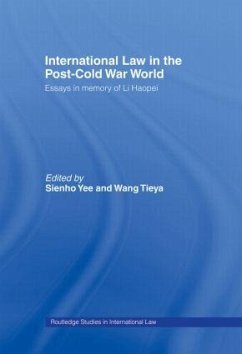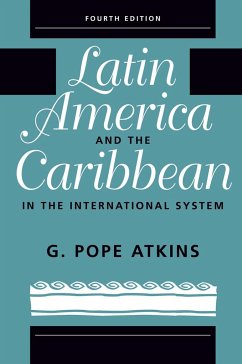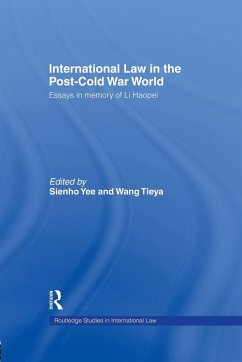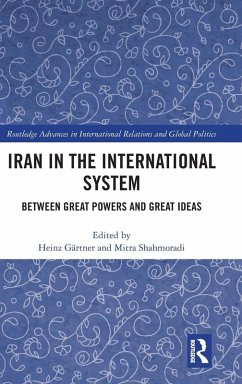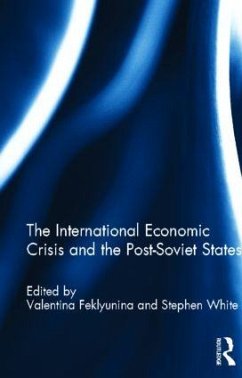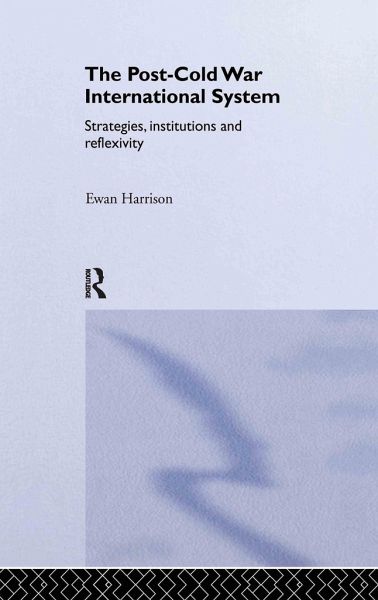
The Post-Cold War International System
Strategies, Institutions and Reflexivity
Versandkostenfrei!
Versandfertig in 1-2 Wochen
167,99 €
inkl. MwSt.
Weitere Ausgaben:

PAYBACK Punkte
84 °P sammeln!
Following the end of the Cold War, which has resulted in the United States being the dominant global power, this book examines patterns of behavior that have emerged in international politics. Drawing on constructivist insights, the author provides a sophisticated assessment of competing theories and sets the liberal, realist and institutionalist approaches off against each other in a quest for synthesis. Three case studies on Germany, China and Japan, identified as key states with the potential to challenge US dominance in this emerging new structure, provide evidence to support his assessmen...
Following the end of the Cold War, which has resulted in the United States being the dominant global power, this book examines patterns of behavior that have emerged in international politics. Drawing on constructivist insights, the author provides a sophisticated assessment of competing theories and sets the liberal, realist and institutionalist approaches off against each other in a quest for synthesis. Three case studies on Germany, China and Japan, identified as key states with the potential to challenge US dominance in this emerging new structure, provide evidence to support his assessment about the overall trajectory of international change in the post-Cold War period.





